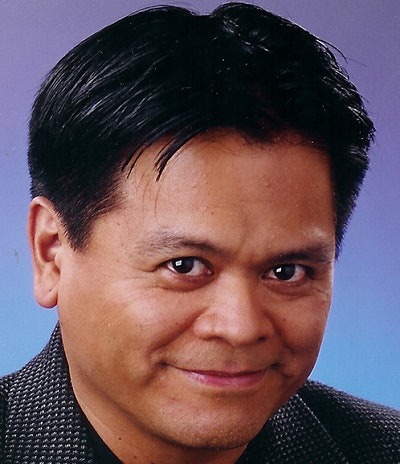Make no mistake, Higher Ed must play a role in impeachment. Not as partisans. But as the context makers. The fact-checkers. The knowledge filters.
This is not just “politics.” Nor is it just for the elite. This is still our democracy too.
Not our job, you say?
What other institutions in America are built to provide this public service?
You won’t find this at your City Hall (too political). Or at the union halls (do they still have those?) Certainly, you won’t find it at the local malls.
But you might find it at your nearest college campus (even heaven forbid, the for profit ones).
Where else in your immediate area can people find history departments, sociology departments, journalism departments, political science departments and more that house the sheer firepower of knowledge that could lead a public in desperate need of context?
Of course, it’s the same place where certain people lucky enough to have access to post-secondary education routinely shuttle through to fill gen ed requirements, or narrowly focus on majors and minors, do their time and leave. They don’t look to the campus for more than that. But it’s shocking that some people can graduate without taking a history or civics type class, let alone a literature or arts class. And yet this is where students are expected to learn the basics before becoming productive members of the community. Are they learning to become an educated and informed people? (One cannot assume they will be part of an electorate. That takes a real commitment).
 Emil Guillermo
Emil GuillermoHigher Ed, this is your cue.
To ignore what is happening in our democracy because the lesson plan says X when news and current events are so dire and so compelling, is frankly irresponsible.
In these times, capital H.E. Higher Ed needs to step up—as a resource.
The public needs your wisdom.
What’s that mean to the overworked scholar who may resent the idea of having one more thing to do?
It means engaging with students and the public in a way that may make a real difference in their lives.
In the past, people had teach-ins. Students, faculty, community people would all come together to engage, listen and learn. Sometimes from each other.
At San Francisco State, where I have been an adjunct in journalism, this year has been used to honor the 50th year of the founding of ethnic studies. Born out of a student strike, there would be no ethnic studies if groups didn’t see the campus as an important part of their lives. Much of that was energized by protests over Vietnam, but the broadened context made people see there were connections to the plight of ethnic people in America.
Who after all were being sent to fight an unjust war?
The passion of the past has evolved. After two generations, no one calls ethnic studies basket weaving. It’s an area of study that had been too easily ignored. And it came out of a public frustration that demanded to be part of the academy.
We are at that point today. Higher Ed can’t afford to play “above it all,” not while our political system and democracy itself is in crisis.
As we move into a public phase of the impeachment process, this is an opportunity for engagement.
Campuses should consider open forums, as casual as brown bag lunches, or slightly more formal weekly panel discussions from the perspective of various disciplines.
You’d be watching and paying attention anyway, right?
You may not be called on to speak on to be on CNN or be on the local news. But maybe you will after organizing a forum and your brilliant insight is undeniable. Every campus department has someone who can help the immediate student population and the public at large understand the importance of what is going on in our government from a variety of perspectives.
As the hearings become public and out in the open, it will be subject A. It will be on television. Trump will get a reality show that counts. And so will the rest of us.
Facts will come out. Truths will be exposed. So will the lies. Partisans will bicker. People will need context that only a campus community can easily provide. Seeing through the political PR won’t be easy.
The public debate also demands we hear from more perspectives than just the political class.
Our sense of diversity requires that the people heard in this process aren’t limited to the white males in the House and Senate expressing their views in the mostly white media.
An impeachment inquiry exists because there’s a threat to the legitimacy of the Constitution and the rule of law.
And then there’s this thing called diversity.
Diversity after all assumes there’s a place for everyone in a democracy like America– except for a king.
Time for campuses to play a role in that discussion.
Emil Guillermo is a journalist and commentator. He writes for the Asian American Legal Defense and Education Fund. You can follow him on Twitter @emilamok.
















